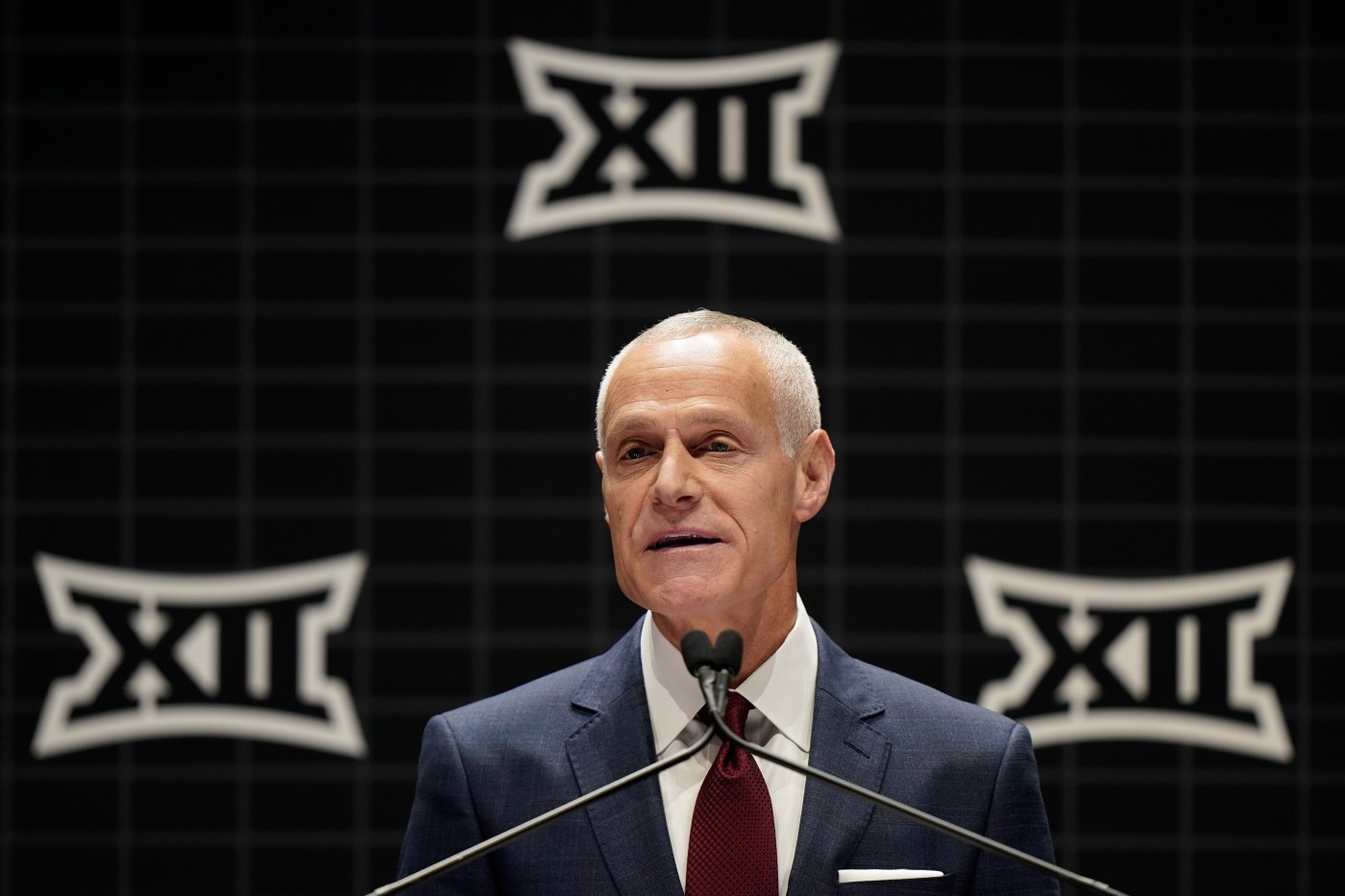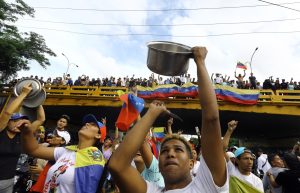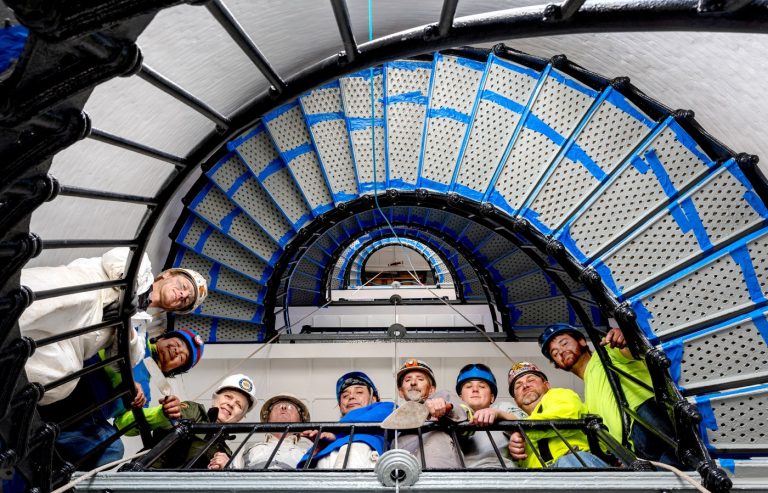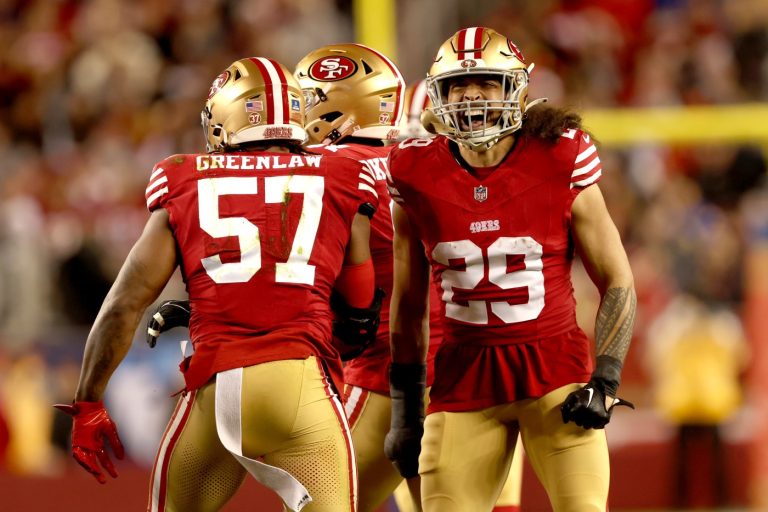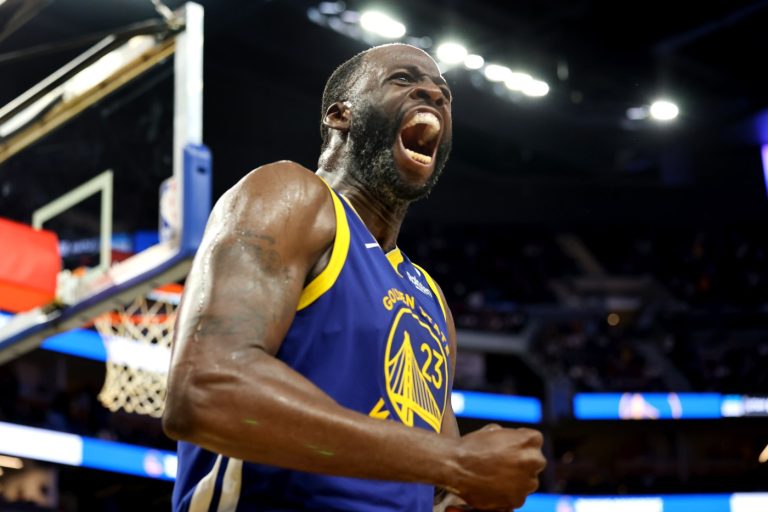The Big 12 is open for business, again. Two years after signaling his desire to expand — and one year after completing the task — commissioner Brett Yormark addressed the need for “value creation” during his remarks at the conference’s football media extravaganza in Las Vegas earlier this month.
Except his focus was on a different type of expansion: schedule expansion.
“Our value creation must be done in a strategic way, and that value creation starts with ESPN and Fox,” Yormark explained. “We are taking an innovative approach exploring new TV windows and giving fans more access to our programming.”
No three words resonate more deeply on the Hotline than “new TV windows.” After all, we suggested back in 2019 that the Pac-12 play home games at 9 a.m. Pacific in order to expand its viewing audience. (Since then, we have plunged repeatedly into scheduling matters for both football and men’s basketball.)
So during this epic week, with Arizona, Arizona State, Colorado and Utah set to officially join the Big 12 on Friday morning — and with the Hotline ramping up coverage of the new conference — we’re drilling down on Yormark’s latest initiative.
“There’s a lot going on on Saturdays, as we all know — a lot of competition,” he said in Las Vegas. “So the question is, are there new TV windows we can explore where we can highlight, elevate and amplify our football programs maybe a little differently? And we’re exploring that.”
There’s no need for the Big 12 to retain consultants, run fancy scheduling algorithms or create subcommittees to examine the issue. We have the solution here, all mapped out and free of charge.
Our ideas for “new TV windows” for the Big 12:
The Sunday of Labor Day weekend
The opening weekend of the college football season is wide open, with no NFL games and the occasional college matchup. (This year, USC vs. LSU in Las Vegas is the only game scheduled.)
In our view, the Big 12 should take over the day with a doubleheader.
Yep, drive the Big 12 flag deep into the wide-open terrain provided by the Sunday of a holiday weekend — the only Sunday on the football calendar that does not feature competition from the NFL behemoth.
And make one game, if not both, a conference matchup.
After all, every league game played with no competition for eyeballs is one less league game played against high-profile duels in the SEC or Big Ten.
Schedule the first game for 4 p.m. Eastern, the second at 7:30 p.m. The opener could match teams from adjacent time zones because the visitor would have time to return to campus at a reasonable hour. But the second game would have to match teams from the same region (Brigham Young at Arizona State, for example, or Iowa State at Kansas State) due to the late finish and travel time.
Most coaches would be wary of opening with a conference game. But most coaches are wary of anything different and, for that reason, should not be driving strategic decisions in the Big 12 (or anywhere).
As long as none of the participants played the previous week, on the so-called Week 0, there would be no competitive advantage.
Instead, the most significant logistical challenge would be the schedule for the following Saturday. Any teams opening the season on the Sunday of Labor Day weekend would need a cupcake opponent on the schedule for Week 2 because of the condensed preparation time.
Neither of those obstacles is insurmountable.
The night before Thanksgiving
The Wednesday of Thanksgiving week is the greatest untapped broadcast window of the entire football season.
Fans are in football mode, but there’s nothing on the schedule — not even the Mid-American Conference — and most people finish work early. By 6 p.m. Eastern, the available audience is massive. (If this idea seems familiar to Hotline readers, perhaps it’s because we suggested it for the Pac-12 two years ago.)
The biggest challenge? Playing on Wednesday disrupts the schedule over three weeks.
In order to ensure enough rest-and-recovery time (i.e., at least five days), the Thanksgiving Eve participants would have to play the previous Thursday. And if you’re playing Thursday, then an open date is required the prior weekend.
So the month of November likely would look like this for the two teams:
— Saturday game
— No game
— Thursday game
— Wednesday game
That would assuredly concern coaches trying to win games and athletic directors trying to sell tickets. But the reward could be substantial: A competition-free, primetime showcase when, for most fans, the Thanksgiving holiday is already underway.
And if the winning team happens to finish first or second in the conference race, it would have extra rest before the Big 12 championship game 10 days later.
Sunday nights
We saved the most radical idea for last, and it’s sure to elicit ridicule from many, if not all corners of the college football world.
The Big 12 should play a handful of games each season on Sunday evenings, after the conclusion of the NFL’s late afternoon games.
There are two options for the kickoff time:
1. NBC’s broadcast of Sunday Night Football (SNF) ends at roughly 11:30 p.m. Eastern. That’s too late to start a college game, but not by much.
The Big 12 has three campuses (Colorado, Utah and Brigham Young) in the Mountain Time Zone throughout the season and two (Arizona and ASU) in the Pacific Time Zone in September and October. Why not take advantage?
The Sunday night game could start in the second half or fourth quarter of the SNF matchup and be there waiting for all the football fans, and the sports wagering audience, who want more action when the NFL goes dark for the weekend.
2. Go head-to-head against SNF and start the Big 12 game at 8 p.m. Eastern, soon after the second wave of NFL matchups ends.
Naturally, the Big 12 would need network approval. Its media rights are owned by Fox and ESPN, but only the former also broadcasts NFL games on Sunday.
Fox could use its national game in the 4:25 p.m. Eastern window to promote the Big 12 matchup to follow. Once the NFL game ends, Fox’s postgame studio show would offer NFL highlights and then a preview of the Big 12 matchup, followed immediately by kickoff in Waco or Ames or wherever.
It would be one of the boldest counterprogramming moves in sports history, for the SNF ratings on NBC are stellar.
But could a large portion of the Big 12 audience be receptive? Perhaps.
Let’s take two examples from the 2024 schedules.
Related Articles
Mailbag: Metrics for Pac-12 expansion candidates, the CFP’s future, USC’s QB matchups, ASU’s expenditures, Foster’s remarks and more
How to count Paris Olympic medals for Pac-12 athletes before breakup
Big Ten football media days: What Petitti’s address says about the 18-school, bicoastal conference
Big Ten media days: Petitti’s address, West Coast arrivals & more
Mailbag: Imagining the Pac-12 FB race in 2024 (without the collapse)
On Saturday, Sept. 21, Baylor visits Colorado. The following day, the Cowboys host the Ravens on Fox at 4:25 p.m. Eastern.
What if the Big 12 matchup were instead slotted for Sunday night, with Fox repeatedly plugging the game during its NFL broadcast? Make no mistake: Lead-in events drive ratings.
Despite going head-to-head against the Chiefs-Falcons game, the SNF matchup scheduled for Sept. 22, the Big 12 game on Fox just might draw a larger audience than it would if jammed into a crowded Saturday window on cable.
And not for nothing: It would allow Fox to promote its Big Ten game the following Friday.
To be clear, we envision a package of four or five Sunday night games for the Big 12, not a full-season slate.
And the strategy should be based entirely on Fox’s broadcast schedule for the 4:25 p.m. games and on the SNF matchups. Both lineups are set in May, giving the Big 12 and Fox time to determine their best options.
(Even better: Identify the Sundays in advance but create a flex option for the specific matchup.)
Playing on Sunday night leans into the strengths of the new Big 12, which offers parity and flexibility in equal amounts.
The former would allow Fox to choose from a bevy of quality matchups on a weekly basis. The latter, based on a footprint that covers four time zones, would provide options for on-campus kickoff times.
Bottom line: In the complex, critical pursuit of “value creation,” the Big 12 must go where no conference has gone before.
*** Send suggestions, comments and tips (confidentiality guaranteed) to pac12hotline@bayareanewsgroup.com or call 408-920-5716
*** Follow me on Twitter/X: @WilnerHotline
*** Pac-12 Hotline is not endorsed or sponsored by the Pac-12 Conference, and the views expressed herein do not necessarily reflect the views of the Conference.
